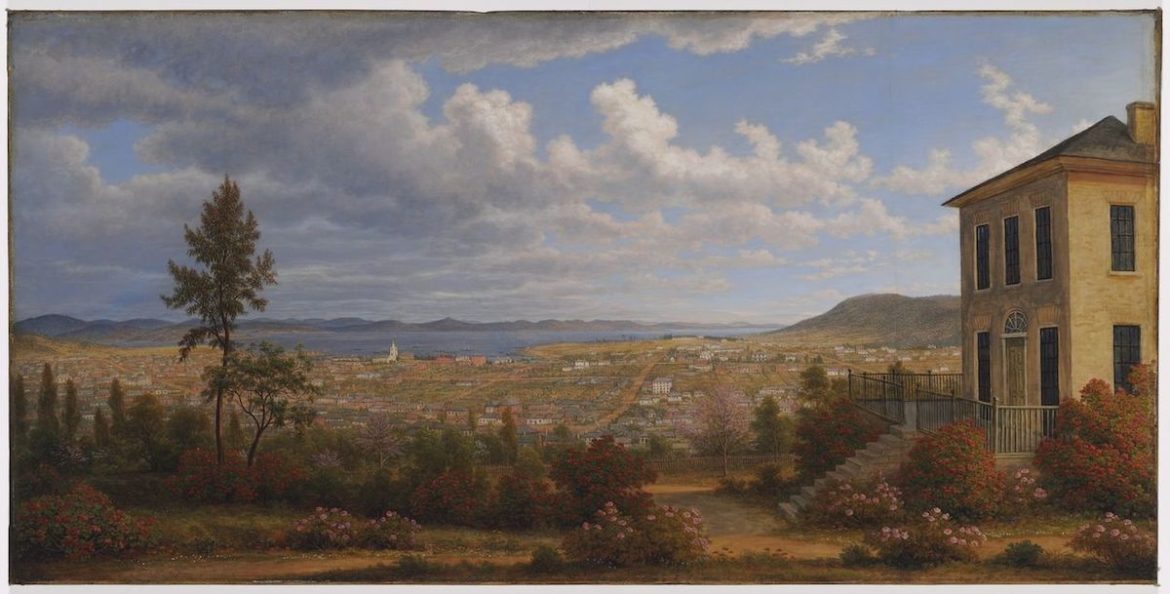Robert Reid continues his exploration of the hidden corners of Australian playwriting with a story of colonial Tasmania, Catherine Shepherd’s 1938 play Daybreak
Catherine Shepherd (1901-1976) was born in Rhodesia, educated in the UK, and migrated to Australia in the early 1920s, living most of her life in Tasmania. She was a prolific writer who spent many years writing drama for both the stage and radio, as well as adaptations of fiction, and also biographies.
According to the Australian Dictionary of Biography, by 1936 Shepherd had begun writing scripts for the Australian Broadcasting Commission. Olive Wilton, the Hobart Repertory Theatre Society’s dynamic producer, met Shepherd in 1937 and was immediately impressed with her script for a three-act play, set in Van Diemen’s Land. Wilton produced Shepherd’s Daybreak, which Robert Reid reviews here, to critical acclaim in Hobart in the following year.
The play won a competition run by the Australian National Theatre Movement and was performed on stage around Australia, broadcast in 1938 on the ABC, published twice (Melbourne 1942 and 1946) and presented in Hobart in 1954 as part of Tasmania’s sesquicentenary celebrations. In 1943 Shepherd had directed the HRTS’s production of her play Delphiniums, which was published in Six Australian One-Act Plays (Sydney, 1944). She continued to be actively involved in repertory theatre, usually in backstage capacities, which probably suited her shy disposition. Her other well-known stage play, Jane, My Love, was commissioned for the jubilee of Federation celebrations (1951) in Hobart: based on the lives of Sir John and Lady Franklin, it attracted only qualified enthusiasm from local audiences. She adapted it for radio, renaming it The Franklins of Hobart Town.
Radio plays and serials, Shepherd’s main body of work, brought her a national audience. With a gift for creating dialogue, she adapted novels such as Charles Dickens’s David Copperfield and wrote dramas based on the lives of literary and historical figures. Leslie Rees considered that she made a “sustained and important though never spectacular contribution to stage and radio drama” and that she wrote with “probing thoughtfulness” about the human condition, the search for self-realisation and ‘the need for freedom in a wide social sense”. SShe published one novel for children, Tasmanian Adventure (London, 1964).

